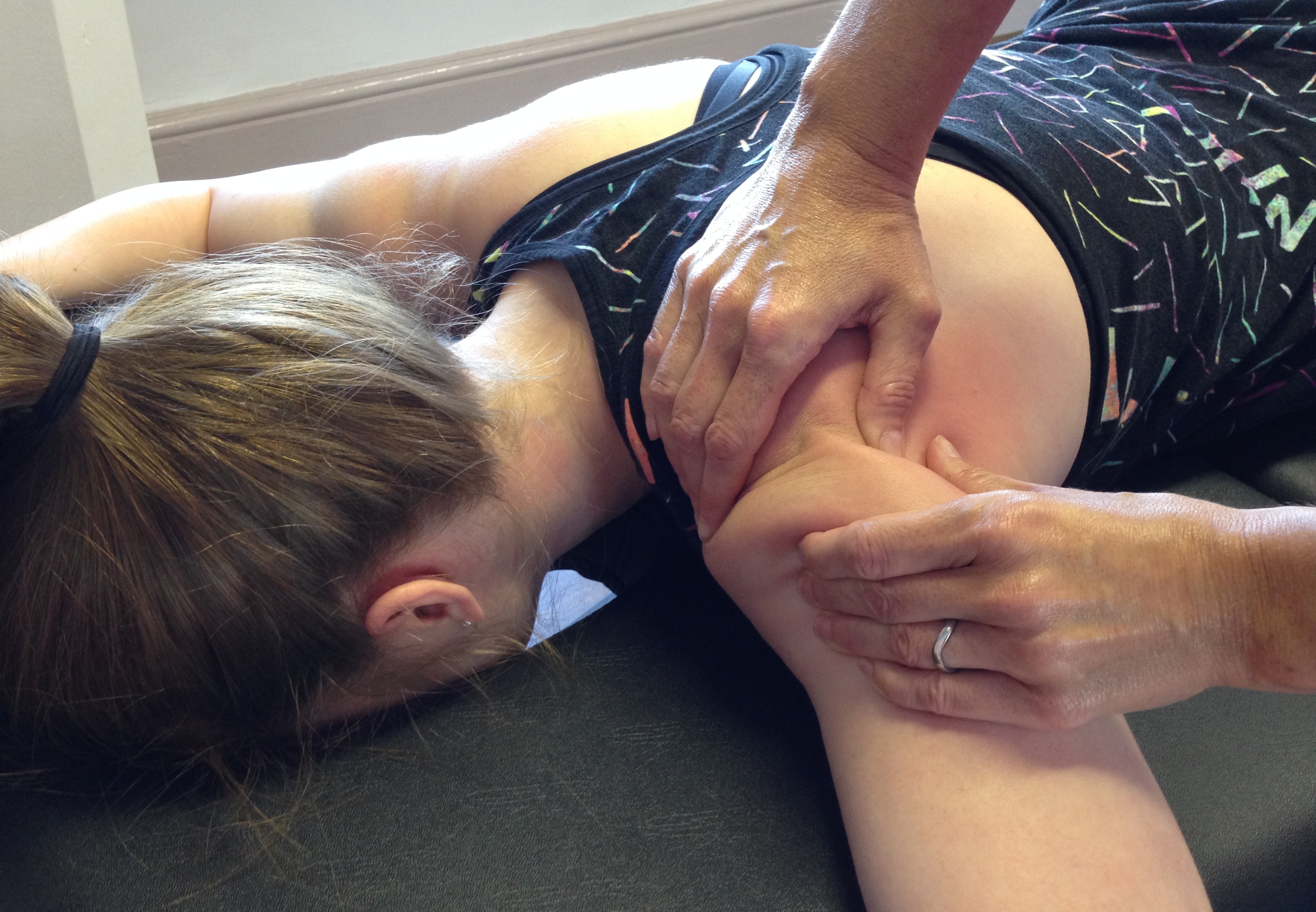
21 Jan Frozen Shoulder
Frozen shoulder can be an extremely painful condition in which the shoulder becomes stiff.
Symptoms can start without warning or can be triggered after relatively minor injury.
The condition usually goes through three stages:
- The Painful Inflammatory Stage (‘freezing’ stage)
- The Stiff Stage (‘frozen’ stage)
- The Resolution Stage (‘thawing’ stage) – pain subsides and movement returns
The whole process can last in excess of two years but varies a lot amongst individuals. It most commonly affects people in their 40s and 50s and may be linked with diabetes, thyroid disease, high cholesterol, heart conditions and those with scar tissue conditions in the hands, known as Dupuytren’s Contracture.
Frozen Shoulder can also occur following surgery to the chest wall, for example after mastectomy or heart operations.
It is the capsule (and associated ligaments), a normally loose, flexible lining of the shoulder joint, which is affected by the condition. The capsule becomes inflamed and swollen (causing the intense pain) in the initial stages of the condition, and then becomes thickened and contracted, thus restricting the movement of the shoulder.
Physiotherapy can be very useful in regaining movement in the shoulder, particularly when the acute painful stage has subsided.
As well as mobilising the joint and associated soft tissues, treatment can also restore the quality of movement around the shoulder blade, which often becomes distorted due to compensating for the stiff shoulder joint. Treatment can also address any spinal joint stiffness, and restore normal strength and function to the upper limb.
If you are experiencing pain from a Frozen Shoulder, please seek help and advice by contacting us here

Blog compiled by Nicki Bradshaw, Senior Physiotherapist at Halo Physio



No Comments